For more than a decade, Corporal Chris Moore was, quite literally, the eyes of the Australian Defence Force.
With his camera, he captured the raw, unfiltered reality of frontline operations; the bravery, the chaos, the calamity, the tragedy.
And the all-too-common latter would translate to funerals of fellow troops, which as the designated ADF photographer, he would have to shoot.
It was the heartbreaking low that, for all the highs and adrenaline combat brought, could and would never leave him.
Yet, when he sought help from the ADF, the once revered photographer was met not with support, but with neglect and hostility.
Instead of receiving the care he desperately needed, he faced denial and dismissal of his medical concerns, along with bullying.
“Chris did not leave the army, the army left him. He was abandoned not on the rocky and dusty battlefield of Afghanistan but in the capital of Australia, Canberra,” his mother Kathleen Moore said in her submission to the Royal Commission into Defence and Veteran Suicide, which reports on Monday.
“It was not bullets that injured and wounded our son, it was the negligence and ignorance of his Command.
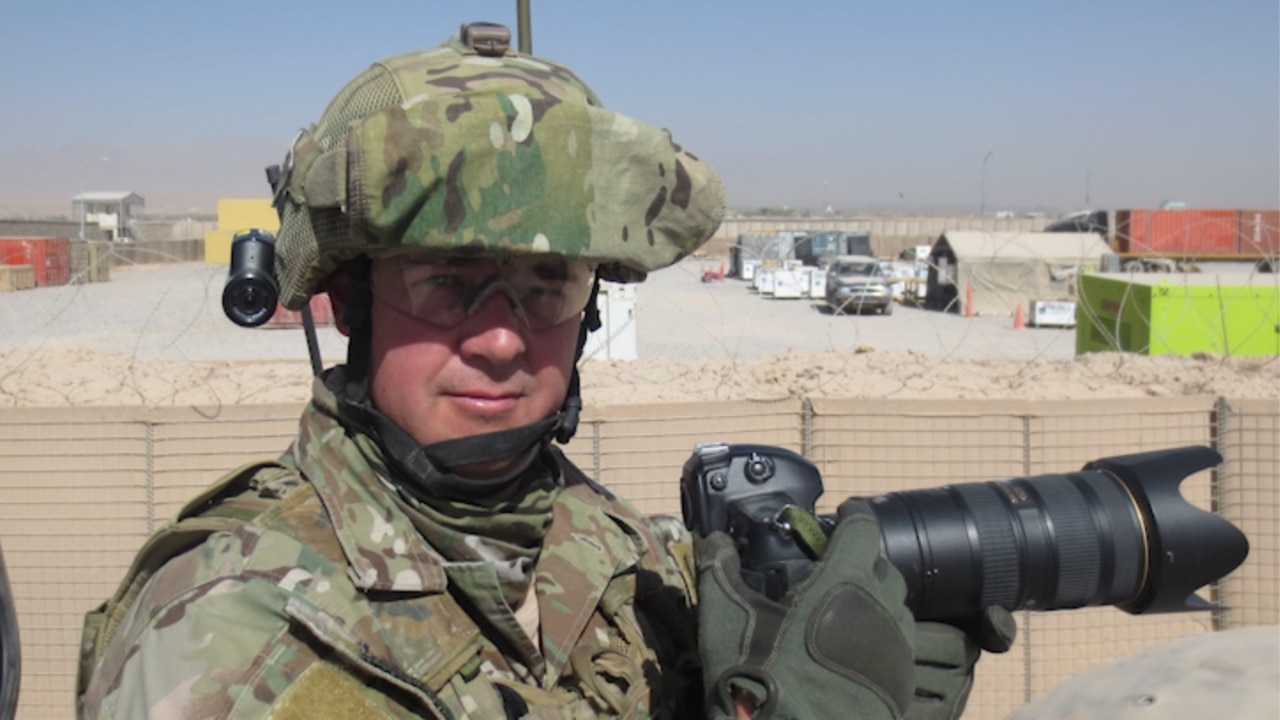
“Chris was bullied out of his job. He was devalued. He was humiliated and driven to despair. He was suicidal.”
Mr Moore, 49, joined the army in 1996, becoming a rifleman in 1 Commando Company before transitioning to an army photographer and videographer in 2006.
During his service, he was deployed to cover several domestic operations including Operation Resolute, which involved protecting Australia from illegal immigration.
In 2010, he went to Afghanistan on Operation Slipper in support of then Prime Minister Julia Gillard’s visit to the troops.
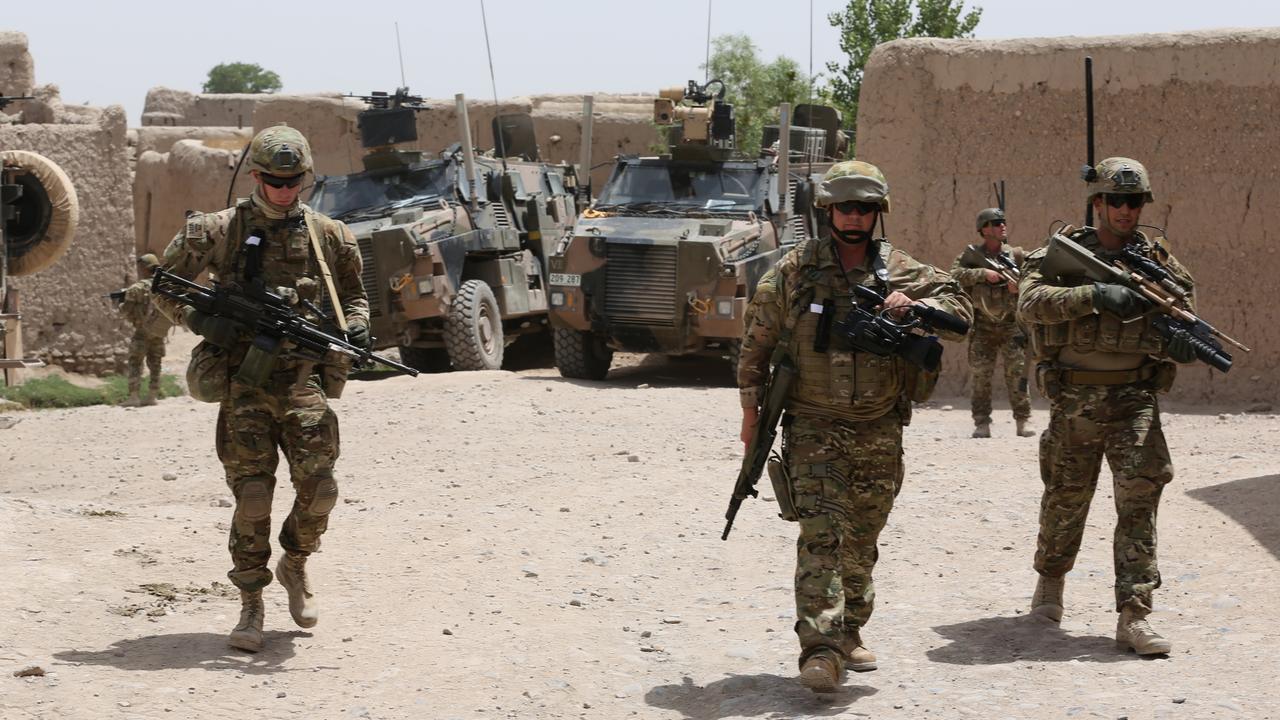
But it was the loss of Corporal Cameron Baird – Australia’s last casualty in Afghanistan – that took its deepest toll.
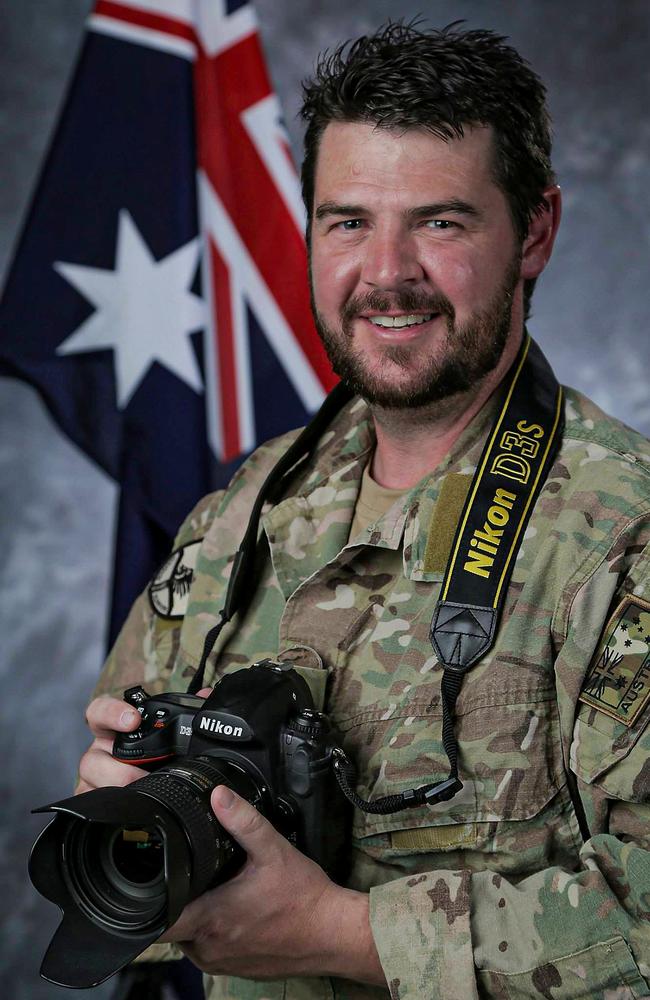
“By far one of the toughest jobs to do as a photographer is to attend the funeral services of mates you have served with, photographed and spent time with,” Mr Moore said in his submission.
“I participated in at least 12 of these funeral services from the 41 Defence personnel who died while serving overseas.”
“As photographers we could see our own families in these similar circumstances if we died and were sent back in a box when or if we were to face the same or similar fate.
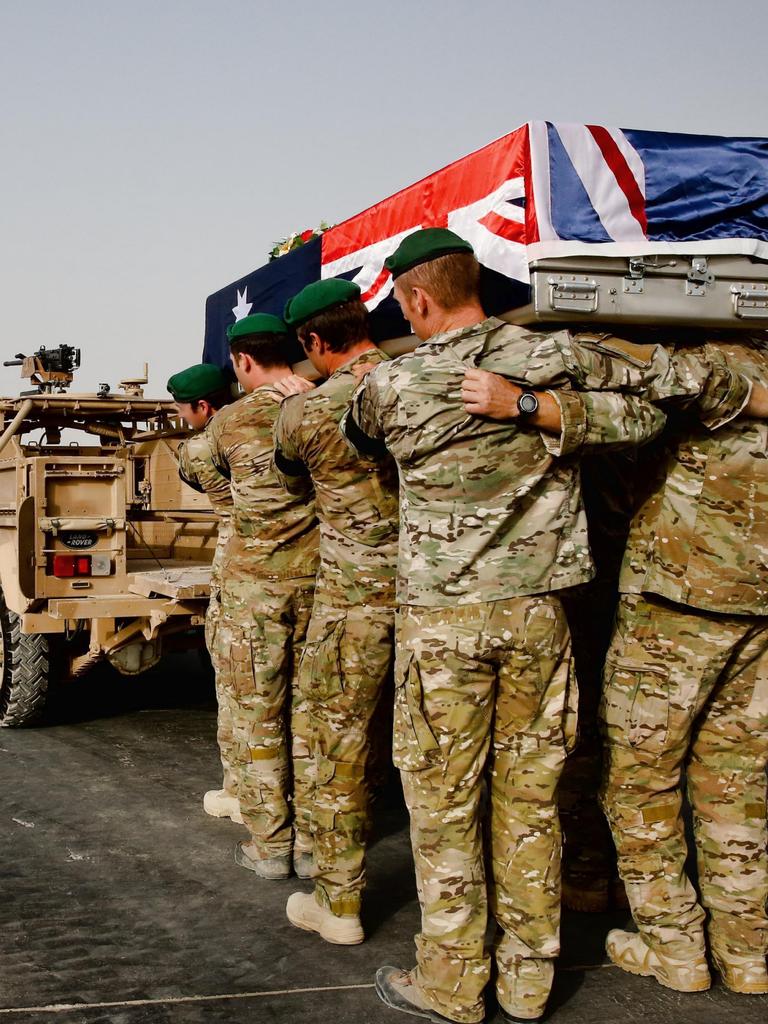

“You do have to realise you are not as bulletproof as you wish you could be.”
Following his return from Afghanistan on Christmas Eve in 2013, Mr Moore’s mental health began to deteriorate.
Mrs Moore said the very organisation that once relied on him to record its history, photographically, had failed to recognise the toll that had taken on him, personally.
“Our son was mentally and physically unwell. There was greyness in his eyes, the usual spark of fun and laughter was no longer there,” she said.
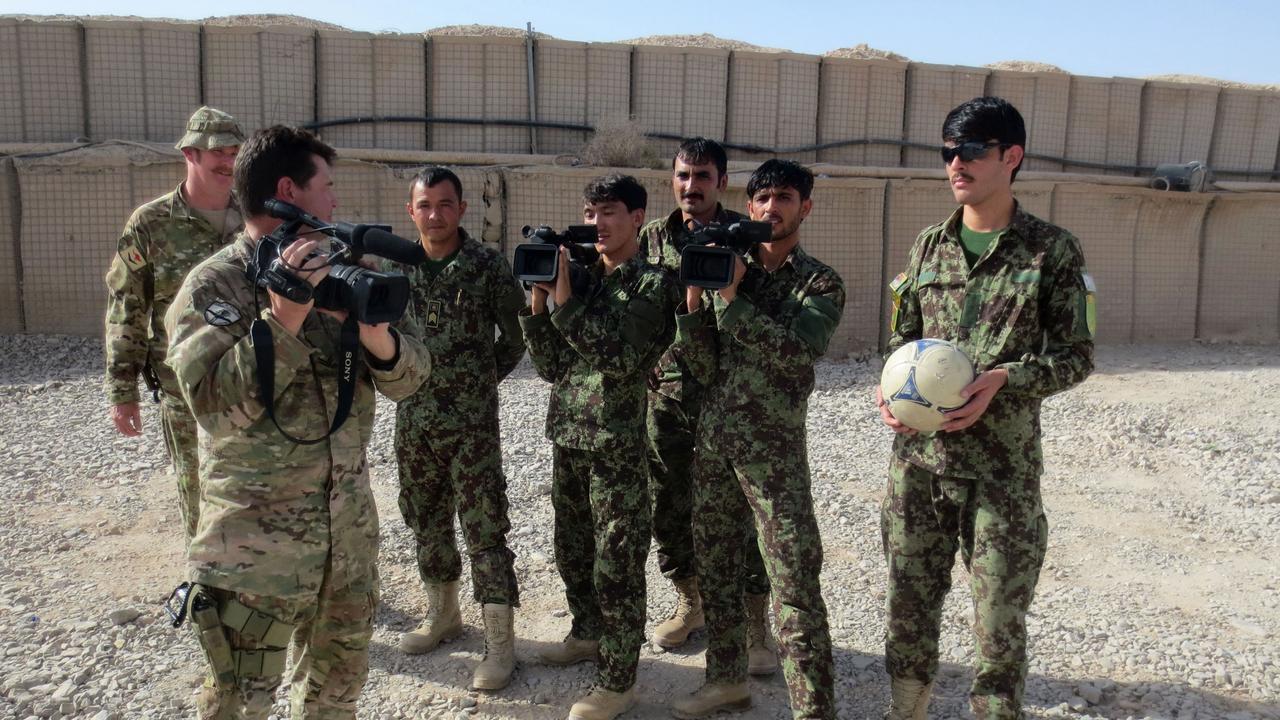
“From the day that our son advised his command that he had been diagnosed with PTSD (post-traumatic stress disorder) his career took a significant downturn.
“Chris’ workplace became a noxious environment for him where he was deliberately isolated, ignored, intimidated, and bullied.”

For nearly four years, the family fought relentlessly to secure proper support for their son, a battle that only ended with Mr Moore’s discharge in 2018, after 20 years of service.
“Chris will continue to carry these invisible mental injuries, wounds and scars that ended his career and future professional opportunities,” Mrs Moore said.
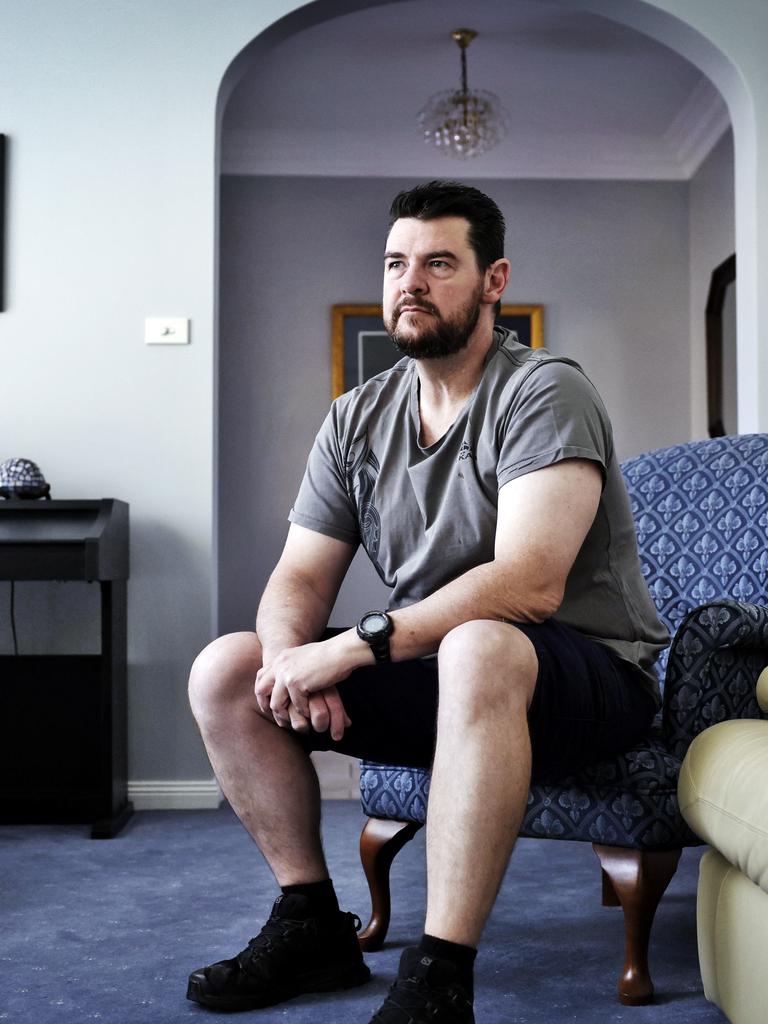

“My husband Malcolm and I have also suffered as a result of the failure of this command.
“Malcolm’s heart attack and my diagnosis with a life threatening brain aneurysm were all results of the stress we have experienced from Defence Force officers.
“They torment and harass, mistreat and disrespect not only their serving members but the parents who are determined to keep their loved ones alive.”
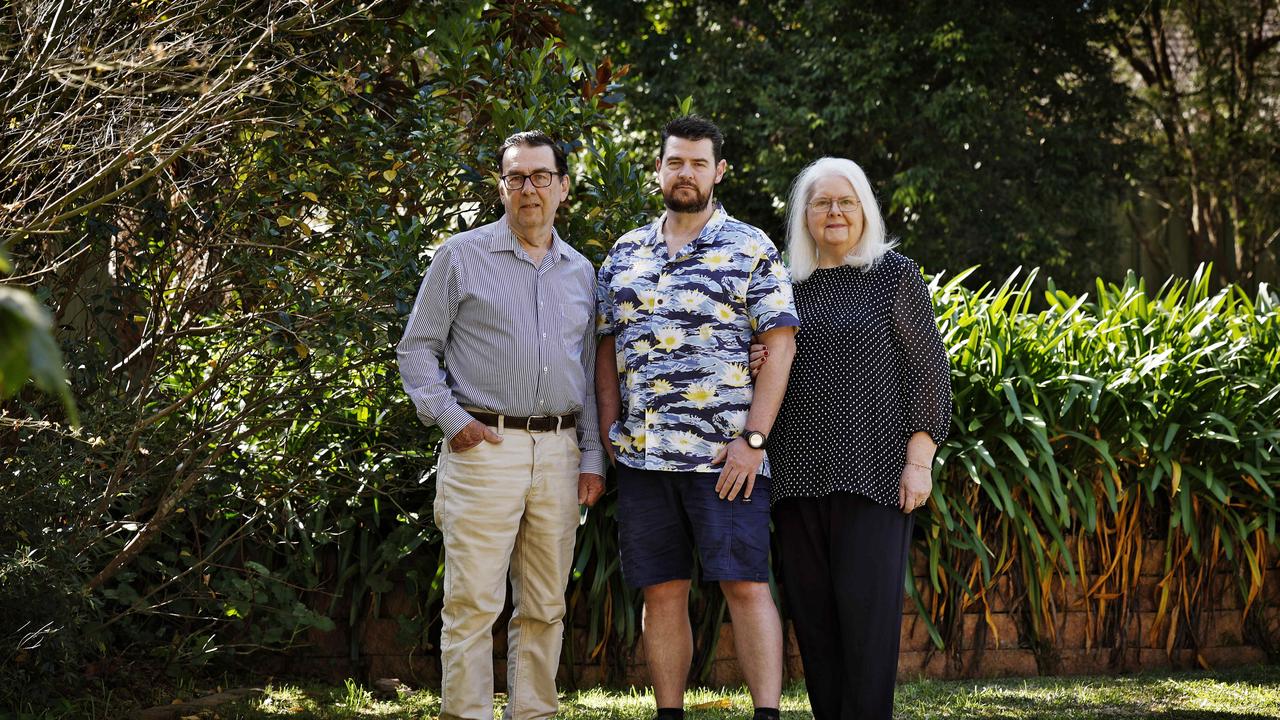
After nearly 7000 public and private submissions to the royal commission over the past three years, Ms Moore is aware of how close her son came to becoming another suicide statistic.
That’s why she hopes that the final report will offer closure and justice to the thousands of grieving families who have lost their loved ones.


Add your comment to this story
To join the conversation, please log in. Don't have an account? Register
Join the conversation, you are commenting as Logout
Ride the culinary express in the comfort of your own kitchen
The once-popular ‘meat and three veg’ is slowly being gazumped by more exciting foreign fare. See which cuisines Aussies are loving the most.
‘Strategic battle’: Aussies struggling to make ends meet
Grocery bills have surged by 30 per cent during the Albanese government’s first term, leaving families $3000 a year poorer, exclusive analysis reveals. See the list.
Greens facing a federal election wipeout
The heat is on ALP preference deals as a new poll shows the Greens are likely to lose at least two seats at the federal election.
Greens launch eye-popping policy
The Greens have unveiled plans to pave the way for a national four-day work week, announcing a suite of policies.
Controversial Aussie chef meets Trump and Musk in US
Pete Evans has taken to social media to share details of his meeting with US President Donald Trump and his billionaire adviser Elon Musk in Florida.
Man missing after falling into major river
The young man went missing on Sunday morning after slipping into the Brisbane River during a walk with friends and family.